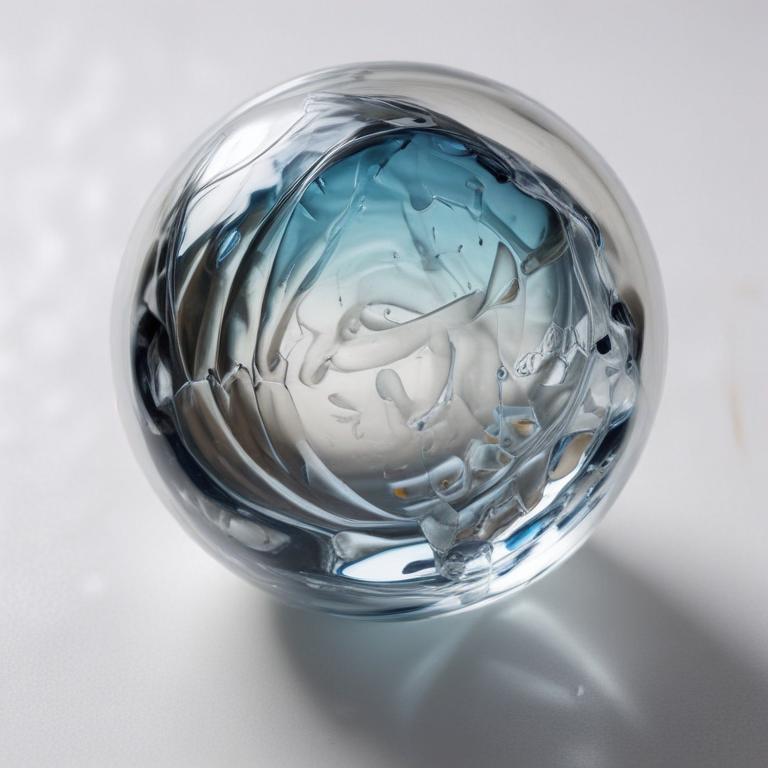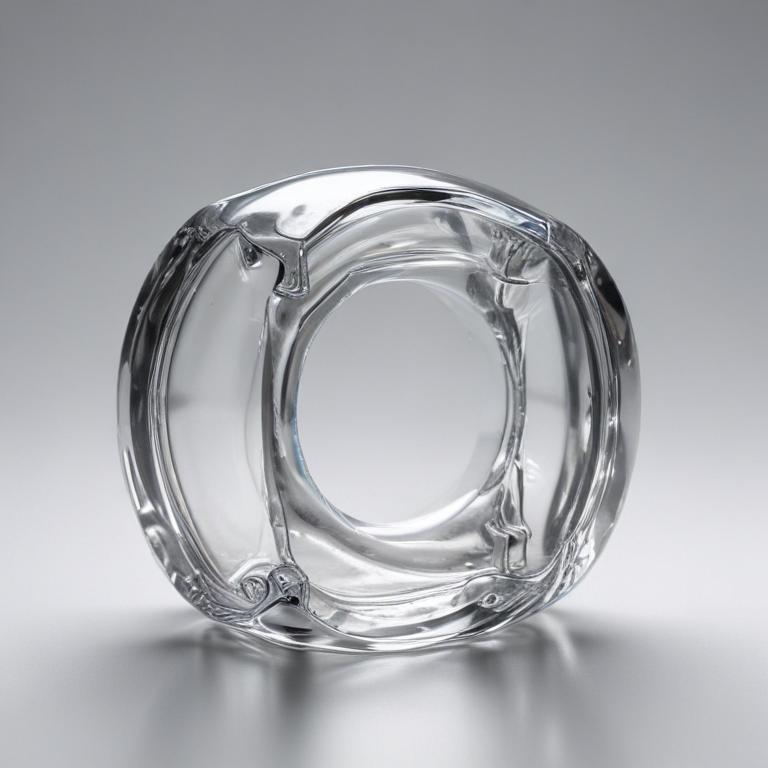发音 (Pronunciation):
IPA: /ˈplæstɪk/
中文近似: 普拉斯提克
中文意思与词性 (Meanings & Part of Speech):
- 塑料(常指各种合成或天然的高分子材料) (n.)
- 可塑的;有形成能力的 (adj.)
例句 (Examples):
1. This bottle is made of plastic.
(这个瓶子是用塑料做的。)
2. Children are at a plastic age for learning languages.
(儿童时期是学语言的可塑年龄。)
用法提示 (Usage Tip):
“plastic” 做名词时通常指“塑料”,做形容词时含“有可塑性、可变形”或“造作、不自然”等含义。日常用法中注意区分指代物质本身和比喻义。
更多关于 "plastic" (More about "plastic")
单词来源 (Etymology)
来自拉丁语“plasticus”,源自希腊语“plastikos”,指“可塑的、能被塑形的”,最初形容物质的可塑性,后来引申为现代意义。
词根词缀解析 (Root & Affix Analysis)
词根“plast-”意为“塑造、形成”,后缀“-ic”常见于形容词,表示“……的”。合起来就是“能被塑造的”。
“plastic”的字母与词根个性化解读
字母象形/引申义 (个性化参考)
- 字母 'p' 的象形或引申含义可能包括: 手/脚 (P=F); 手掌 -> 平; 棒子 (P=B); 音变: P=B=M=F=V。
- 字母 'l' 的象形或引申含义可能包括: 拉长, 长 (line); 舌头 -> 说 (language); 细, 少; 音变: L=M=N=R。
- 字母 'a' 的象形或引申含义可能包括: 牛角 (象形: 牛头, 力量, 能力); 下面宽上面尖 (形状) -> 延伸, 远处, 高处, 方向, 指示。
- 字母 's' 的象形或引申含义可能包括: 水波纹/走路痕迹 (S象形); 吐气轻细咝 -> 说话 (拟声); 音变: S=C=Z=TH=X。
- 字母 't' 的象形或引申含义可能包括: 顶端 -> 记号/标志; 手杖 -> 抓 -> 手 -> 伸展 -> 指示代词; 支撑 -> 站立; 三叉 -> Tr转换/转; 分叉; 音变: T=D=S=TH。
- 字母 'i' 的象形或引申含义可能包括: 我 (an, any, one -> 人); 水滴 -> 水 (ice); 尖, 一点, 小 (inch); 元音互换: A=E=I=O=U=W=Y。
- 字母 'c' 的象形或引申含义可能包括: 骆驼头 (象形) -> 运输 (car); 抓 (手型); 砍 (弯刀); 包围 (形状); 合并; 叫喊 (嘴型); 走/动; 音变: C=G=K=S。
学习提示:以上针对单词 plastic 的字母和词根解读,主要基于提供的特定象形及词根资料。这些提示旨在启发联想,而非绝对定论。更通用的记忆规则和原则请参考首页。英语词源复杂多变,实际应用中请结合更全面的词源词典和语言学知识进行深入学习。
常用词组 (Common Phrases)
- plastic bag: 塑料袋
- plastic surgery: 整形手术
其他语言 (Other Languages)
- 德语: Plastik
- 法语: plastique
字母整体创意联想
plastic 这个单词起始和结尾都有长长的“p”和“c”,中间有像“S”一样弯曲的“s”,就像用塑料能拉、弯、拗,形状灵活多变。
逐字母创意解读
中文谐音助记
“plastic” 谐音:“普拉斯提克”——“普遍拉伸,撕开,提起来就咔嚓”,都联想到塑料的特性。
相关电影/名言
"There's a great future in plastics. Think about it. Will you think about it?"
(塑料业前途无量,你考虑一下,好吗?)
- 《毕业生》(The Graduate, 1967)
趣味知识/故事
“plastic” 这个词的现代工业革命意义巨大。二十世纪初发明塑料后,许多原本用金属或玻璃制造的东西被塑料取代,极大地改变了我们的生活。曾有一句名言:“世界上没有任何东西比塑料能更快地连接过去和未来。”
拓展信息
现代人讲“white pollution(白色污染)”主要指塑料制品难以降解,产生环境问题。
在形容词义上,“plastic smile” 指“假笑”,带有贬义。用在外貌上,“plastic” 有时暗示“整容塑型”的不自然。
和“elastic” (有弹性的)相比,“plastic” 强调能变形并保持形状,而“elastic” 强调回复原状的弹性。
网络参考 (More about "plastic" from the Web)
Plastic - Wikipedia
The word plastic derives from the Ancient Greek πλαστικός (plastikos), meaning "capable of being shaped or molded," which itself comes from πλαστός (plastos), meaning "molded" or "formed." [10] In modern usage, the word plastic most commonly refers to the solid synthetic products of petrochemical-derived manufacturing.[11]The word plasticity, as a noun, specifically refers to ...
Plastic | Composition, History, Uses, Types, & Facts | Britannica
Learn about plastic, a polymeric material that can be molded or shaped by heat and pressure. Explore the composition, structure, and properties of different plastics, as well as their applications and recycling.
Plastics: A simple introduction - Explain that Stuff
Be Plastic Clever by Amy and Ella Meek. DK, 2020. A good overview of the plastic problem. Optimistically described as "ages 5-9," but weighing in at 192 pages, I'd put it well toward the older end of that range (or a little beyond). You Wouldn't Want to Live Without Plastic! by Ian Graham, Book House, 2015. Another intelligent defense of ...
更多图片 (plastic More Images)

